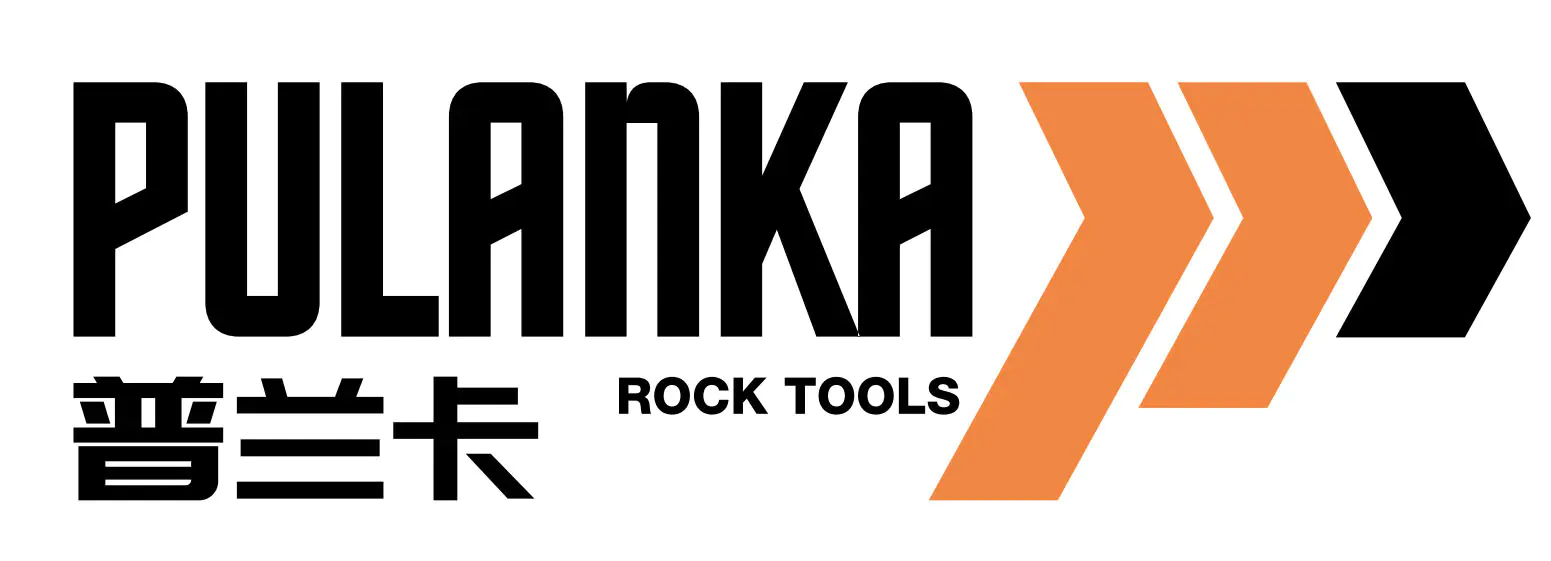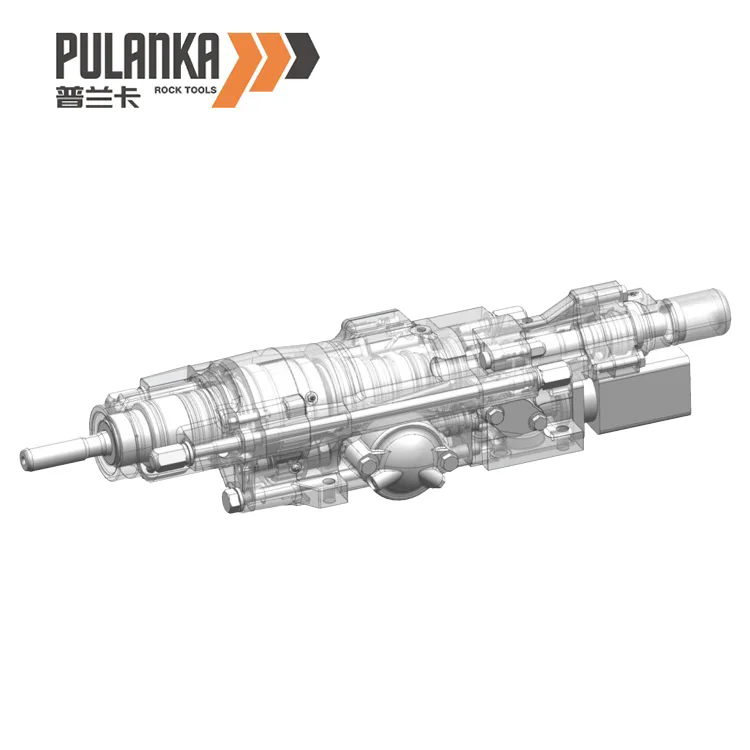What Makes Hydraulic Drifters Essential for Efficient Drilling Operations?
2025-09-08
In the modern construction, mining, and tunneling industries, the demand for high-performance drilling equipment has never been greater. Among the various tools available, hydraulic drifters stand out as one of the most critical components used in rock drilling operations. Designed for precision, power, and durability, hydraulic drifters have transformed the way professionals approach complex drilling tasks.
Understanding Hydraulic Drifters: What They Are and How They Work
A hydraulic drifter is a specialized rock drilling component used in conjunction with drilling rigs and equipment to deliver high-impact force while maintaining accuracy. Unlike pneumatic drifters, which use compressed air, hydraulic drifters utilize pressurized hydraulic oil to generate energy, resulting in a more powerful and consistent drilling performance. This makes them ideal for challenging environments where strength, reliability, and efficiency are paramount.
Key Features of Hydraulic Drifters
Hydraulic drifters are engineered with advanced technology to maximize drilling efficiency while minimizing wear and tear. Their main functions include generating impact energy, rotating the drill rod, and flushing debris from the hole. The combination of these capabilities ensures smooth drilling and extended tool life.
How Hydraulic Drifters Operate
Hydraulic drifters integrate three critical systems:
-
Impact Mechanism – A piston powered by hydraulic pressure strikes the drill rod to break rock efficiently.
-
Rotation System – Ensures consistent drill bit rotation for better penetration and reduced risk of jamming.
-
Flushing System – Clears debris from the drill hole using air, water, or a combination of both to maintain speed and accuracy.
This synchronized process delivers superior drilling performance compared to traditional pneumatic systems, offering better fuel efficiency, higher penetration rates, and reduced operational costs.
Advantages of Using Hydraulic Drifters in Drilling Applications
Choosing the right hydraulic drifter can significantly impact project timelines, operating costs, and overall productivity. Here are the top benefits of integrating hydraulic drifters into your drilling operations:
1. Exceptional Power and Precision
Hydraulic drifters are designed to deliver high impact energy without compromising accuracy. This combination makes them particularly effective for drilling in hard rock formations and other demanding environments.
2. Enhanced Efficiency
By using hydraulic oil instead of compressed air, hydraulic drifters achieve a higher energy transfer rate, resulting in faster penetration and shorter drilling cycles.
3. Reduced Operating Costs
Although hydraulic drifters may have a higher upfront cost compared to pneumatic alternatives, their superior energy efficiency and durability lead to significant long-term savings.
4. Lower Noise and Vibration Levels
Hydraulic systems operate more smoothly than pneumatic systems, reducing vibrations and noise during drilling. This enhances operator comfort and extends the lifespan of both equipment and tools.
5. Versatility Across Industries
From mining and quarrying to tunneling and infrastructure projects, hydraulic drifters are highly adaptable to a wide range of drilling applications.
Technical Specifications and Product Parameters
To maximize performance and compatibility, selecting the right hydraulic drifter requires a clear understanding of its specifications. Below is a sample of standard product parameters:
| Parameter | Specification | Description | |
| Impact Power | 10 – 30 kW | Determines the energy delivered per strike | |
| Impact Rate | 2,000 – 3,800 bpm | Beats per minute for efficient drilling | |
| Working Pressure | 150 – 250 bar | Hydraulic system pressure requirement | |
| Rotation Torque | 600 – 1,200 Nm | Controls drill rod rotation strength | |
| Weight | 70 – 120 kg | Ensures compatibility with various rigs | |
| Flushing Method | Air / Water / Combined | Maintains clear drill holes | |
| Suitable Bit Diameter | 45 – 130 mm | Supported drill bit size range | |
| Noise Level | ≤ 110 dB | Operator-friendly sound levels | |
| Application | Mining, Tunneling, Construction | Industry-specific adaptability |
These parameters make hydraulic drifters highly efficient in precision drilling while ensuring maximum durability and reduced maintenance requirements.
Choosing the Right Hydraulic Drifter for Your Needs
When selecting a hydraulic drifter, several factors should be considered to ensure optimal performance:
1. Drilling Environment
The hardness of the rock, depth of the hole, and drilling angle will determine the best drifter configuration for your project.
2. Equipment Compatibility
Ensure that the drifter integrates seamlessly with your existing drilling rig or carrier for maximum efficiency and safety.
3. Energy Efficiency
Choose a drifter that delivers maximum energy transfer while minimizing hydraulic consumption to reduce operational costs.
4. Durability and Maintenance
High-quality hydraulic drifters are built to withstand harsh environments and extended drilling hours. Opt for models designed with reinforced pistons and wear-resistant materials for longevity.
Common FAQs About Hydraulic Drifters
Q1: What are the main differences between hydraulic drifters and pneumatic drifters?
A1: Hydraulic drifters use pressurized oil to generate energy, delivering higher power, better drilling speed, and lower noise levels compared to pneumatic drifters, which rely on compressed air. While pneumatic systems are cost-effective initially, hydraulic systems provide better long-term performance and efficiency.
Q2: How do I maintain a hydraulic drifter to extend its lifespan?
A2: Regular maintenance includes checking hydraulic pressure levels, replacing worn seals, cleaning flushing systems, and ensuring proper lubrication. Following the manufacturer’s maintenance schedule can significantly extend the drifter’s operational life and prevent costly breakdowns.
Why Pulanka Hydraulic Drifters Are a Reliable Choice
When investing in hydraulic drifters, selecting a reputable brand can make all the difference in performance, reliability, and long-term value. Pulanka has established itself as a trusted manufacturer, delivering cutting-edge hydraulic drifters designed for high-performance drilling applications. With advanced engineering, rigorous quality testing, and exceptional after-sales support, Pulanka products are built to exceed industry standards and meet the needs of demanding drilling environments.
If you are looking to improve drilling efficiency and reduce operational costs, Pulanka offers a comprehensive range of hydraulic drifters tailored to diverse industries. Contact us today to learn more about our solutions and find the perfect model for your next project.
Related News






